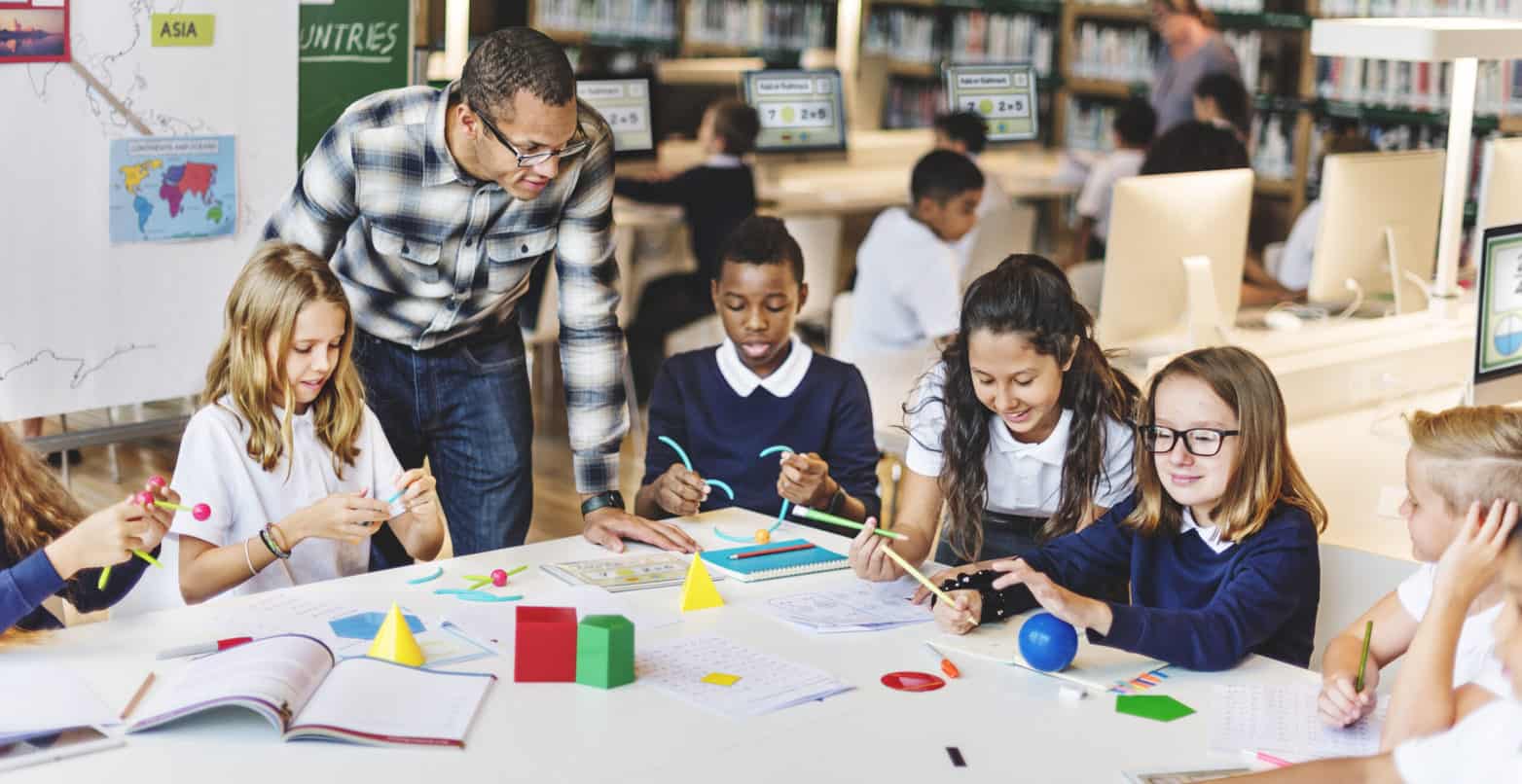Not all of us are called to the unique position of leading rooms full of strangers through professional development workshops, but for those of us who are–fear not. With a bit of humor and a whole lot of purpose, we can surpass the expectations of, well, everyone, and give those teachers a day to remember. With or without the extended lunch break (just kidding; never, and I mean never, mess with the lunch break).
In order to create meaningful experiences for our teachers, we must first look at professional learning days as opportunities to provide exceptional customer service. Teachers should be treated as valued consumers of our product, and we should want to create the absolute best experience we can for them.
Care to hear a universal truth? Teachers. Work. Hard. From early-bird hours of tutoring to countless essays that are graded on the kitchen table, teachers put every ounce of their being into their work. The best teachers know that teaching is more than a job–it is a calling, and to thrive in this profession for the long haul, you need occasional restoration and rejuvenation. Teachers are known for burning themselves out, and it’s important that we begin to normalize self-care in the field of education. Professional learning experiences create opportunities for teachers to experience the subtle reprieve they seek. Workshops provide teachers a suspension of responsibility, if only for the day, to become students again themselves.
When you view your responsibility to the teachers through a customer service lens, you realize that it’s your job to create a fun, engaging atmosphere that calls your “students” to want to learn. For teachers, there’s nothing worse than getting to the end of a workshop and thinking, “I made my sub plans for that?” Yikes.
Most teachers hope that their professional learning experience will be energizing, thought-provoking, and light. They want immediate, tangible steps to follow and takeaways they can use yesterday. Chocolates on the table never hurts, nor does an endless supply of coffee. Research-based information is preferred over the next new trend, and they’d prefer not to talk. To anyone. Especially the strangers they are sitting next to. Who keep staring at their computers, frantically checking email. Because what else are you supposed to do when you’re off-campus for the day pretending to be a real adult again?
But as any good educator knows, the most meaningful learning occurs not in isolation but with collaboration. Could you allow your teachers six hours of silent meditation to surf the web and organize online grocery pick-up lists? Sure you could. Would they actually appreciate your willingness to allow their retreat? One hundred percent no.
Teachers want to learn, man! Somewhere deep down in our bones, we are hard-wired to absolutely love it. We get juiced on a good lesson or aha moment. When you make us think, we remember that thinking is actually possible despite all recent evidence to the contrary from our students.
Often, when you design your professional learning to connect to content-area knowledge and specifications, there is greater buy-in from teachers. If an expert in a content area–literacy, writing, calculus, world language, technology, functional skills–presents tangible techniques for that content or age group, there is an automatic sense of established credibility. Why? The presenter is viewed as an expert in the content; therefore, the information is viewed as more reliable and research-based. Is there a time and a place for whole-staff instructional techniques? Absolutely. But in order to move students from surface, to deep, to transfer levels of learning, teachers must understand content at a transferable level first. Only through content- rich professional learning is this possible.
As professional learning leaders, we have a responsibility to make our teachers comfortable enough to engage with the strangers around them, too. We need to design interactive, visually pleasing workshops that also ask our participants to think. Teachers need the opportunity to use that other part of their brain–the one that can process, reflect, and plan. Reactionary thinking has no place in professional learning, and it’s the facilitator’s job to create an atmosphere that requires ponderance.
Finally–and this is important–be a human being. Tell stories. Show funny clips. Laugh. Mess up and own it. Trust me, you cannot (repeat, CANNOT) fake it well with a room of educators. We snuff insincerity out like a hound dog on the hunt. Teachers need you–passionate, quirky, energized, credible, relatable you. Be yourself.
Well, maybe be your best, funniest self. And definitely bring the chocolates.

















Best article! Thank you for speading the word about being genuine – it makes a huge difference!